Vetiver/ khus/ ramacham (plant clump)
Original price was: ₹110.₹59Current price is: ₹59.
Out of stock
Email when stock available
Description
In India, we can sell this Vetiver/ khus/ ramacham (plant clump) via online delivery systems to any states including Andhra Pradesh, Arunachal Pradesh, Assam, Bihar, Chhattisgarh, Goa, Gujarat, Haryana, Himachal Pradesh, Jammu & Kashmir, Jharkhand, Karnataka, Kerala, Madhya Pradesh, Maharashtra, Manipur, Meghalaya, Mizoram, Nagaland, Odisha (Orissa), Punjab, Rajasthan, Sikkim, Tamil Nadu, Telangana, Tripura, Uttar Pradesh, Uttarakhand, and West Bengal
Vetiver, also known as Khus in Hindi and Ramacham in Malayalam, is a tall, perennial grass known for its strong, aromatic roots. It is widely used in perfumery, soil conservation, and traditional medicine due to its deep-rooting system and cooling properties.
Basic Information:
- Scientific Name: Chrysopogon zizanioides (formerly Vetiveria zizanioides)
- Common Names: Vetiver, Khus, Ramacham, Vetiver Grass
- Family: Poaceae (Grass family)
- Origin: Native to India, Sri Lanka, and Southeast Asia
- Growth Habit: Clumping, perennial grass
- Size: Can grow 3-5 feet (1-1.5 meters) tall
Foliage & Roots:
- Leaves: Long, narrow, grass-like green leaves with sharp edges.
- Roots:
- Deep, fibrous, and fragrant roots, often extending 10-13 feet (3-4 meters) deep.
- Used for essential oil extraction and soil erosion control.
- Flowers: Produces small, purple-brownish flowers, but flowering is rare in cultivated varieties.
Uses & Benefits:
1. Medicinal & Aromatic Uses
- Essential Oil: Vetiver oil is extracted from the roots and used in perfumery, aromatherapy, and skincare.
- Cooling Properties: Vetiver-infused water is traditionally used for body cooling and detoxification.
- Ayurvedic Uses: Used for stress relief, improving skin health, and treating insomnia.
2. Environmental & Agricultural Benefits
- Soil Conservation: Its deep roots prevent soil erosion and stabilize slopes.
- Water Purification: Vetiver roots help filter pollutants and heavy metals from water.
- Natural Pest Repellent: The plant acts as a barrier against insects like termites and mosquitoes.
3. Everyday & Commercial Uses
- Vetiver Mats & Curtains: Used in homes and temples for their cooling effect and fragrance.
- Handmade Soaps & Scrubs: Root fibers are used in herbal bathing scrubs.
- Cattle Fodder & Mulching: Young leaves can be used as livestock feed.
Care Requirements:
- Light: Thrives in full sun but can tolerate partial shade.
- Watering: Drought-tolerant once established but prefers moderate watering.
- Soil: Grows well in well-draining sandy or loamy soil.
- Temperature: Prefers warm climates (above 60°F / 15°C); does not tolerate frost.
- Fertilization: Minimal fertilization needed; organic compost can enhance growth.
- Pruning: Trim leaves periodically to encourage new growth.
Propagation:
- By Root Division: The easiest and most effective method—separate root clumps and replant.
- By Slips: Small sections of the plant with roots attached can be planted directly into soil.
Common Issues:
- Slow Growth: Can occur in poor or compacted soil—loosen soil and add compost.
- Pest Problems: Generally pest-resistant but may attract grasshoppers or fungal issues in extreme moisture.
Best Uses in Landscaping:
- Erosion Control: Planted along slopes, riverbanks, and farm boundaries.
- Fragrance Gardens: Used for its aromatic and medicinal value.
- Natural Fencing: Forms dense, impenetrable hedges for privacy and wind protection.
- Aquatic Planting: Helps purify wastewater in ponds and wetlands.
Only logged in customers who have purchased this product may leave a review.

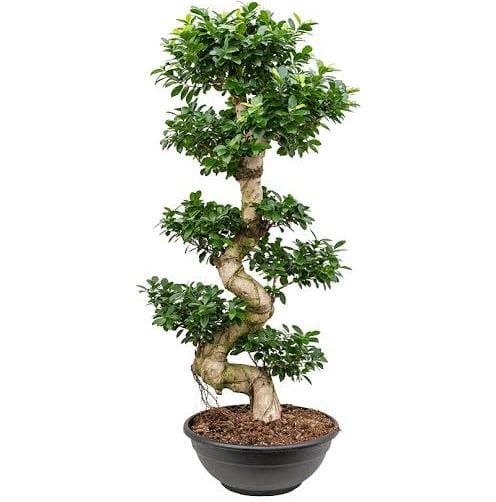
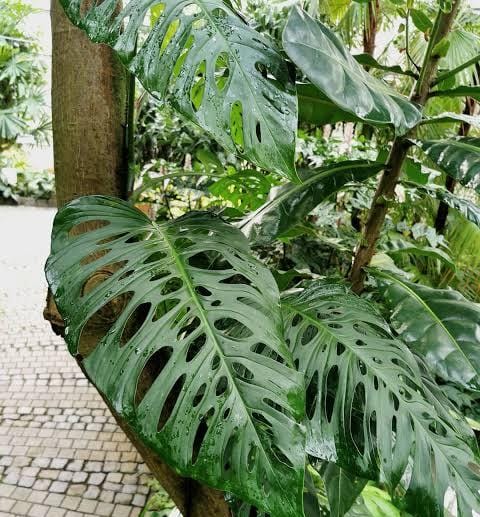
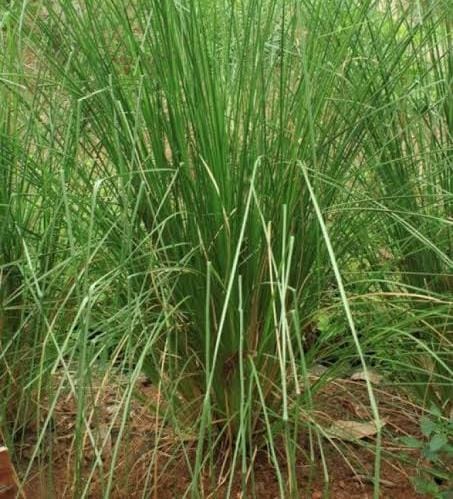
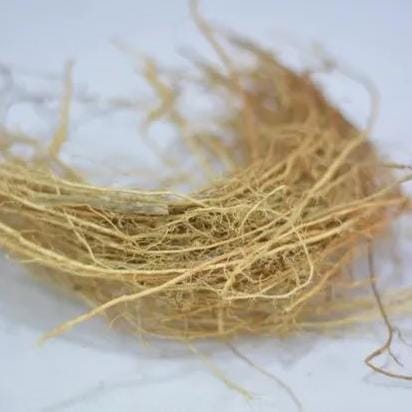
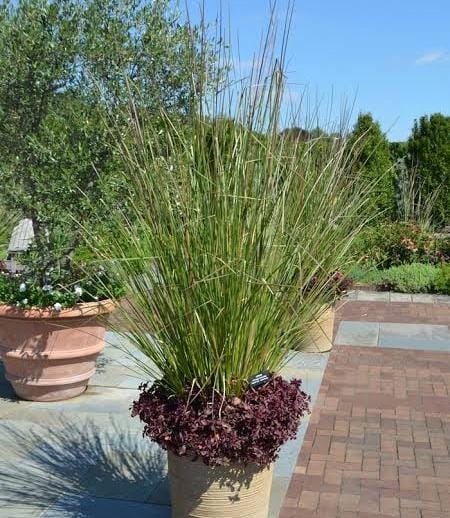
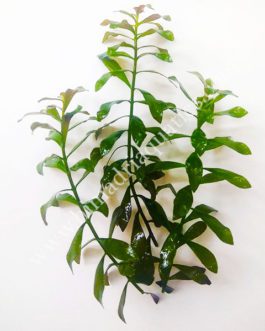
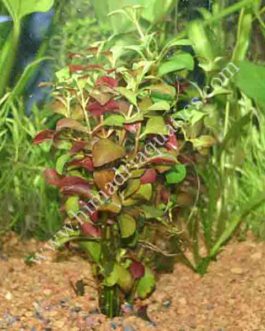
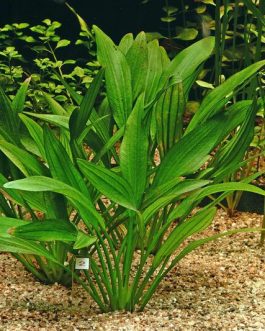
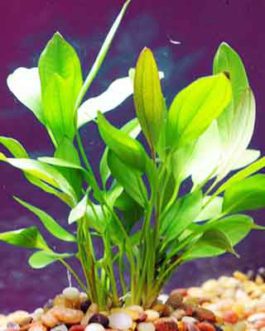
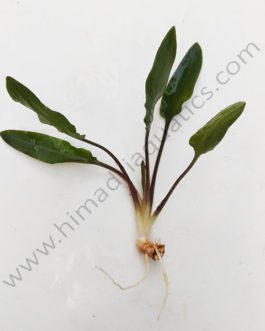
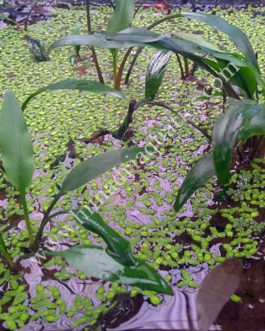
Reviews
There are no reviews yet.